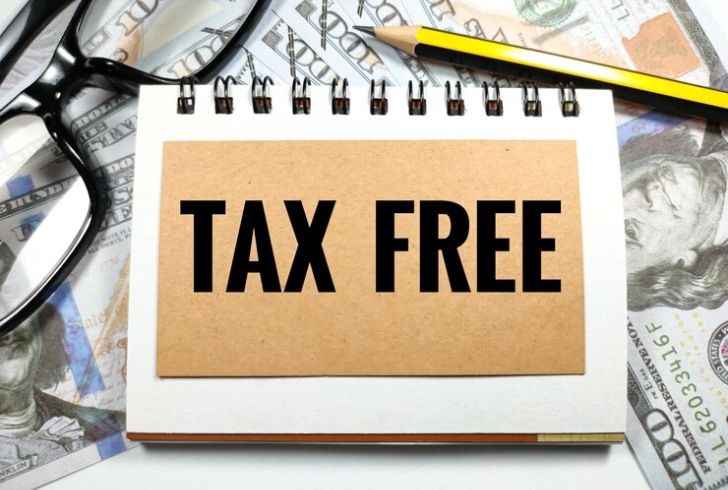A Share Savings Account (ASK) offers a unique way to manage investments in shares and mutual funds while reaping tax benefits. But what is a share savings account? This specialized account allows investors to buy and sell shares and mutual funds without incurring immediate taxes on gains.
This means that profits remain untaxed as long as they stay within the account, and withdrawals of the original investment amount are also tax-free. However, any excess beyond the invested amount is subject to tax.
What Is a Share Savings Account?

A Share Savings Account (ASK) is designed for those looking to invest in listed shares and mutual funds with certain tax advantages. Key features include:
- Tax-Free Gains – Any growth within the account remains untaxed until funds are withdrawn.
- Tax-Free Withdrawals of Investment Amount – You can withdraw the original invested amount without any tax implications.
- Tax on Excess Withdrawals – If the amount withdrawn exceeds the initial investment, the excess is taxed.
In 2024, taxable withdrawals are subject to an effective tax rate of 37.84 percent. Notably, dividends from shares and mutual funds deposited into an ASK are not taxed continuously. They are taxed only when withdrawn from the account.
Transferring Shares to an ASK
When transferring shares from a regular account to an ASK, these shares are considered “realized,” meaning any gains or losses must be calculated. The “First In, First Out” (FIFO) principle applies, where the oldest shares are deemed sold first.
Transferring Shares Between ASK Accounts
Since 2019, transferring shares and mutual funds between different ASK accounts does not trigger a tax event. This includes transfers between accounts with the same or different providers. If the nature of a share changes post-deposit (e.g., a company relocates internationally), the share remains in the ASK without triggering a tax event.
Inheritance and Divorce Transfers
Shares can be transferred to an heir’s ASK upon estate distribution or to a spouse’s ASK during a divorce without incurring taxes. These transfers must also adhere to fiscal continuity rules, ensuring that unutilized risk-free returns and deposits are appropriately allocated.
Eligible Securities for an ASK
The types of securities permitted in an ASK include:
- Listed Shares from EEA-Domiciled Companies
- Units in Mutual Funds with Over 80% Share Component
Cash can be held in an ASK, though it does not accrue interest. Conversely, money market funds are not allowed.
What Happens When Securities No Longer Qualify?
Securities that were eligible when purchased remain valid in an ASK, even if their status changes. Here are some scenarios:
- Relocated Companies – Shares from companies that moved from the EEA to other regions can remain in the ASK.
- Changed Fund Composition – Units in a mutual fund that shifts its share component below 80% can still be held in the ASK.
- Unlisted Shares – Shares from listed companies that become unlisted can be transferred to another ASK without taxation.
Special Cases – When a company undergoes a demerger, shares received in the new entity can be added to the ASK if they meet the criteria.
Asset Dividends and Risk-Free Return

Dividends distributed as assets that cannot be held in an ASK (such as shares in non-EEA companies) must be withdrawn immediately and will be taxed based on the withdrawal rules.
Risk-Free Return Deduction
This deduction reduces taxable income from shares or units in the ASK. It is calculated based on the account’s deposits and not on individual securities. This simplifies the process compared to non-ASK investments.
Withdrawals and Reporting
Withdrawals from an ASK are taxed only if they exceed the original investment. The value of shares or units at the time of withdrawal determines the taxable amount. For dividends distributed before 2019, they are treated as deposits, increasing the basis for risk-free return.
Transitional Rules
From 2017 through 2019, transfers to an ASK were not taxed, easing the transition to the ASK system. From 2020, gains and losses from these transfers are subject to tax.
Tax Reporting
The ASK provider is responsible for reporting the account’s tax values. However, it’s essential to verify that the pre-filled information on the tax return is complete and accurate.
Understanding what a share savings account is can help investors make informed decisions about managing their investments while maximizing tax benefits. With its unique features and regulations, an ASK provides a flexible and advantageous way to handle investments in shares and mutual funds.
